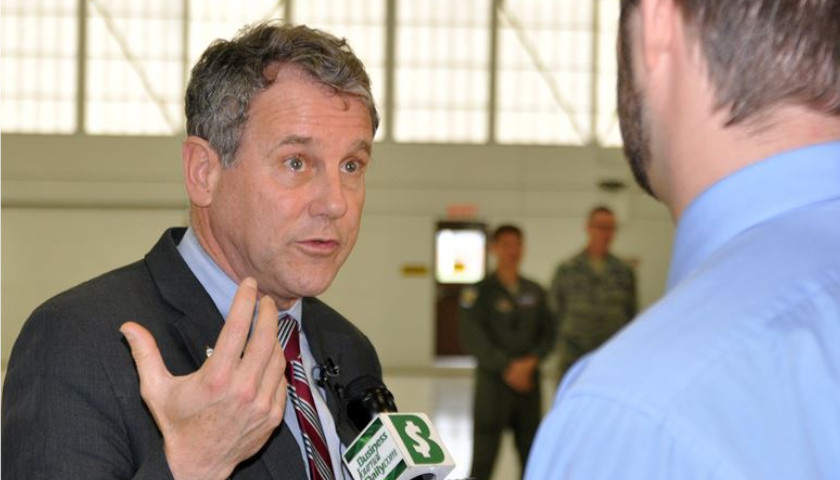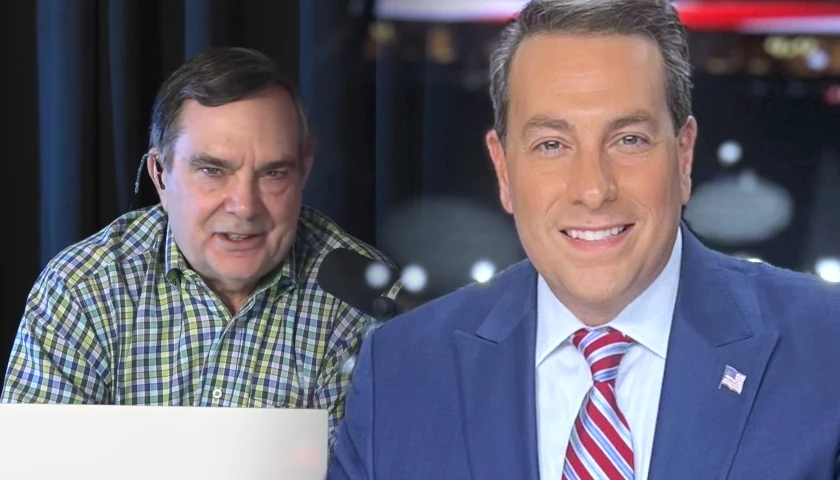Ohio Senator and potential 2020 Democratic presidential candidate Sherrod Brown is in trouble.
In these early moves before formally announcing his candidacy, Brown has been focusing on courting both sides of the political spectrum. On the right, he has attempted to present himself as a populist candidate whose blue-collar priorities would have wide appeal with the working class candidates that propelled President Trump to victory. On the left, he has focused on aggressive anti-Wall Street and anti-corporate rhetoric while emphasizing greater government regulation. While the strategy has shown potential, the first cracks are starting to form.
The Ohio senator is now facing scrutiny from both sides aisle. On the right side, he has received significant criticism for his refusal to support Trump’s revised U.S.-Mexico-Canada trade agreement (USMCA), a replacement for the North American Free Trade Agreement (NAFTA). One of the key issues in 2016 that galvanized many working-class voters to support Trump was opposition to NAFTA and a desire to see it replaced. While he claims that he still wishes to replace the agreement, it strikes many as hollow and having more to do with a blanket opposition to Trump. Should he prove unable to shake this perception, it is likely he will alienate the working-class vote.
On the left, even the positive stories he has generated have led to criticism from within his party. Recently, Politico ran a piece, portraying him as:
In the Senate, Sherrod Brown is known as a scourge of Wall Street. But in a Democratic presidential primary with fellow Sens. Bernie Sanders and Elizabeth Warren thundering away at bankers, Brown is viewed by many in the industry as a reasonable alternative.
In response, Brown has been criticized by progressive and mainstream outlets with one running the headline: “Wall Street Just Loves Sherrod Brown.” While seemingly positive, the article frames legislators like Warren, Sanders, and Rep. Alexandria Ocasio-Cortez as fringe candidates, with Brown as the reasonable alternative.
In addition, by refusing to back policies like Medicaid-for-all, he was also criticized heavily. It appears that with a Democratic party that is moving further and further to the left, the more progressive policies he declines to back, the more he will find himself at odds with the mainstream media and his party.
– – –
Andrew Shirley is a reporter at Battleground State News and The Ohio Star. Send tips to [email protected].





